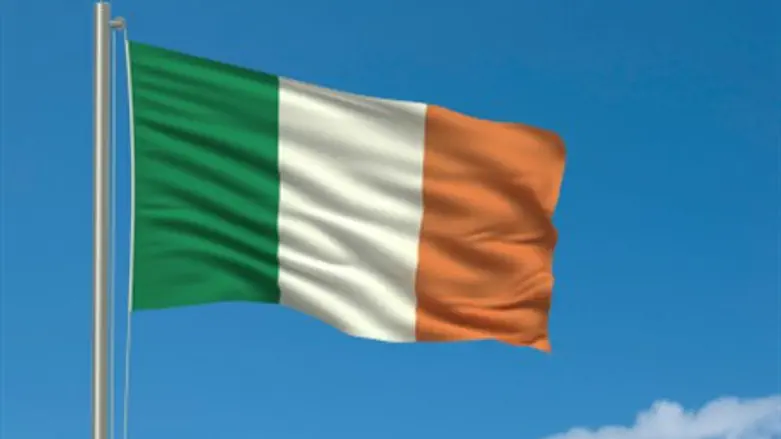
The Irish government is expected to accept a motion to be proposed by the opposition calling on parliament to recognize “Palestine” as a state, Reuters reports.
The decision follows the passing of a motion in Ireland's upper house in October calling on the government to formally recognize a Palestinian state.
Members of parliament in the lower house are due to discuss the motion proposed by the opposition Sinn Fein party later on Tuesday and on Wednesday, according to Reuters. A government spokesman said it will not oppose the bill, meaning MPs will not be required to vote.
The motion calls on the government to "officially recognize the State of Palestine, on the basis of the 1967 borders with East Jerusalem as the capital, as established in UN resolutions, as a further positive contribution to securing a negotiated two-state solution to the Israeli-Palestinian conflict."
It also recognizes that "continued Israeli settlement construction and extension activities in the West Bank, is illegal and severely threatening the establishment of a viable Palestinian state."
The discussion in Ireland follows several similar moves made by other countries in Europe.
British lawmakers voted overwhelmingly on October 13 in favor of a non-binding motion to "recognize the state of Palestine"; Sweden announced on October 30 it officially recognized the state of "Palestine"; and several weeks ago, Spanish lawmakers adopted a motion calling on the government to recognize a Palestinian state.
A similar vote is planned in Belgium, where legislators are working on a resolution to recognize a Palestinian state, though the government said last week any timing to proceed will depend on European Union action.
The Palestinian Authority (PA), meanwhile, is busy promoting its own unilateral move at the United Nations, which would impose a timetable for Israel's withdrawal Judea and Samaria.
The PA's chief negotiator Saeb Erekat said Tuesday that the plan is to pass the resolution at the Security Council by the end of the year.
"We are at the (UN) Security Council now, today. We are continuing our consultation. We want a Security Council resolution that will preserve the two-state solution," Erekat told foreign journalists gathered near the Judean city of Bethlehem. "We want a specific time frame to end the occupation."
"We're being helped a great deal in the Security Council by many nations," he added, referring to the recent votes in Europe in favor of recognizing "Palestine" as a state.